|
One year can make an incredible difference. We had the chance to talk to IAFR Canada team-member Insaf Safou about her recent trip to connect with Loving Hands Lebanon one year after its launch. “One of the elderly ladies at Loving Hands is our “ironing lady”, said Insaf. "She prepares everything for packaging. When she first joined the team, she was often quite depressed. Her circumstances are very difficult. Now, there is a smile on her face. Her situation has not changed, but she has!” Loving Hands Lebanon recently celebrated one year of operation as a social enterprise, teaching sewing skills to women. It’s one of many critically-needed programs Beirut Nazarene Church offers to refugees and the community, in partnership with IAFR Canada. In the process of creating a way for women to support their families economically they have also created a community of women who care for one another. If you walked into the workshop, you would find a mix of refugees and local residents, Muslims and Christians all working, laughing and eating together. Daily devotional times have helped ground this team in God’s love for them. During a recent conference for women’s ministry leaders, which included the Loving Hands staff, one woman shared that she really loved her first overnight experience of gathering for worship, teaching and prayer. Loving Hands launched with the facilitation of Insaf Safou, the oversight of Beirut Nazarene Church, and the wisdom generously shared by Hopeful Hands Erbil, founded in 2017 by a local team led by Insaf. The local team formed quickly, bursting with creativity that soon produced bed sheets, bags, decor and clothing. All their raw materials come from Lebanon, supporting the local economy with their buy local, made local approach. In addition, a storefront has recently been rented to display and sell the beautiful, expertly made products that Loving Hands is creating. Profits from the sales of their handiwork become the paycheques for the Loving Hands staff.
At a time when the Lebanese economy is really suffering, Loving Hands is helping refugees in Beirut not just survive, but also recover from forced displacement. They truly have accomplished so much in just one year.
0 Comments
This is the door to Beirut Nazarene Church's STEP program, a school for Syrian refugee children that helps prepare students for an eventual transition to the public education system. Your compassionate generosity helps us partner with this program. The following story is written by Caroline, the school's director. Lana* is a 7 year old Syrian girl. She has 5 sisters. Her mom works as a hairdresser at home to meet the needs of the family. Last month there was a fire in their apartment building and the mother reached out to us, sharing her fear and sending us pictures of the blackened building. Fortunately, nobody was injured, and their own apartment was undamaged. We came to know this family when they joined our STEP educational program in October 2020. As refugees, the girls had never been to school, so finding an educational program that could help them catch up was essential for Lana’s parents. Lana and her sisters walk to school each day from their home nearby. Lana loves school a lot. She and her sisters are smart and fast learners. When classes were paused for the two-week Christmas break, her mother sent us a video of the girls crying hard. They could not wait for school to start again! Although last year was not a normal year due to COVID shutdowns, they were able to continue studying from home through supported online teaching. We are happy to report that Lana and each of her sisters have successfully passed to another grade level! Rebecca Kaplan shared her experience of Home-Hosting a refugee with Open Homes Hamilton, speaking at the No Room Storytelling Evening in Hamilton, May 14, 2022. It's been amazing to hear this evening how some experts are literally changing the landscape of this city to be more accommodating. It also makes it a tough act to follow because I am not an expert on anything that would put me up here. But in my life, I seem to reflect on the same question a lot: “How did I get myself here?” I guess in this case it was because of an email I received. On September 15th of this past year, in the middle of a busy day, in the busiest season for both my husband and myself, since we both work in schools, I received an email from Danielle at Open Homes that basically went like this. "Hey Rebecca, we have a possible guest. He's a 24 year old African Muslim man who doesn't speak English, only Arabic and French. Are you interested?" Are we interested? Cue reflective question: “How did I get myself here?” To give you a bit of background, we were new Open Homes Hamilton Hosts. We had been involved with Open Homes for the past few years as church point people. We weren't even Hosts yet. We hadn't finished filling out the paperwork when Danielle emailed us, so this was a very new ball game for us. I grew up in a bigger family. I grew up in Burlington. Everything I learned about hospitality I learned from my mother. And we always had company. As teenagers we were allowed to pack our backyard so full of friends. I got to witness my parents set an example for taking people in under all sorts of circumstances, from friends who needed a place, family who needed an in-between, and more foster kids than I can name. My husband was raised with a much quieter outlook on life. It was actually quite the opposite of how I grew up, so my husband is the best guy. And after 15 years with me and all my wild ideas, he wasn't fazed by the email that I forwarded him that day. We both had lots of questions. Do we even have room? We don't have a huge house. We have a 2 1/2 story. You know? East of downtown Hamilton- do we physically have room? What would it look like having a Muslim man in our Christian home? Do I need to be making better dinners? Do I need to make more time to sit down and entertain? Do I even have time for that with work and kids? We have 4 kids, all are under 12. They are loud and untidy. They occasionally use the upper floors of our house for a full contact basketball game. Can they make room? Do our daughters have room in their lives? They're six and seven, and was this too weird or too uncomfortable for them? Some of our people thought so. Would he approve of our lifestyle? We have a dog and a cat. Would he approve of those? Would he approve of our family roles when they looked so culturally different to what he was used to? Why would he want to enter into a house as crazy as ours? Why would anyone? We held our questions close and responded to Danielle's email less than an hour later: “We're in.” Enter Moussa*. And I'll never forget what it felt like to answer the door that day. We tidied up our house. We read our kids the riot act about misbehaving when we have guests over. And there stood Danielle at our door with a young man slightly shorter than me, coming with not much more than a backpack. A man who didn't seem to be old enough to leave everything familiar to him and end up in a country so full of unknowns. How on earth did he get himself here? A man who we later found out had never been away from his family and had not eaten a meal at a table with a woman or even used a fork. Did we have room for this? Over the next few weeks, all our questions slowly got answered. We did have room. Not a lot, but enough. We opt for our kids to share a room instead of everyone having their own. So we had a spare room that we used on and off for an office. It was easily converted to a bedroom on short notice. Moussa made such an effort to be helpful in our house. A Muslim man could be comfortable in a Christian home with a Christian family. We made the decision when Moussa was with us to only buy halal meat so we didn't have to cook twice. As we chatted, we learned more about how Moussa came to be in Canada. Our kids had room. They quickly got used to another person thoughtfully asking how their day was, just in order to practice English. They shared all their kids' books, which were easier for Moussa to read while learning. Our youngest daughter Zoe had one more person at the table to draw unicorns with. (Once we explained the difference between a unicorn and a rhinoceros to somebody who had never even heard of a unicorn.) Our Julia had an expert teacher to help her learn her French numbers which were practiced for hours and hours over multiple board games. Nick and I adjusted to having another adult in the house. Our friends, family and church community showed up almost every day to welcome our friend and help us to feel like we weren't carrying the weight of hosting on our own. It was all wonderful and glorious and nothing ever felt uncomfortable or wrong. Just kidding.
There were moments. There are many moments, moments where we had to reset our expectations. Moments, like when our oldest son trying to be polite, introduced his friends and their parents at the door by saying, "This is Moussa my refugee." They just know how to make it awkward. We knew our kids were so proud of what we were doing and as a family we found so many ways to teach along the way. There were moments when I wondered how to explain our cultural norms without sounding rude myself. Situations like having friends over, or trying to politely indicate that we were trying to have a more private conversation. There was one moment where I tried to be open-minded and make this African dish called Fufu, which Moussa talked about frequently. I searched for recipes, went out and bought cassava and went back to the kitchen having no idea really what I was doing and boy did I get that one wrong! We sat at the table that night looking at the bowl of oddly textured tasteless green goo. And despite my sheer embarrassment in my failure, we all had a wild laugh. About seven weeks into Moussa's stay with us, I was half-unexpectedly scheduled for surgery. It would require three months of recovery. No stairs, walking, doing anything, no cooking, cleaning, working, entertaining, and no doing what we had been trying to do to make Moussa feel comfortable for the last two months. We wondered if we still had room. What would this mean for us and for Moussa and for our kids? For our own sanity. And that's when the tables turned on us. I remember coming home from my surgery that day, unable to even put a sentence together. Moussa came out with my husband and had to carry me inside. This Muslim stranger turned family member who had very little physical interaction with women, other than his own family, was helping to carry me inside my own house. Between Moussa and my husband and also our family and friends, I had around the clock care, enough adult supervision for our kids, enough help with housework. And enough of everything we needed in that season. I was no longer making room. I was no longer hosting. I was being hosted. I was being hosted in my own home by this person who accepted a less than perfect situation devoid of any of his cultural norms, who had to set aside his own comforts to care for me. And boy was I humbled by that. Almost seven weeks after that Moussa announced that it was time to go. I could not believe that four months had come and gone. We had just gotten so comfortable with having Moussa around that we didn't feel ready. We didn't feel ready! We needed to remind ourselves that we had committed to just a short-term home-stay. We forgot about the long-term implications of having someone stay with us. We never could have imagined saying, "Sure, we have room!" and allowing a stranger turned family member to have such a profound impact on our life and our family. We questioned and worried as Moussa looked for housing, approaching the conversations as any overbearing mother would. We sat around the dinner table that night listening to him read us a heartfelt letter that he wrote, thanking us and letting us know he would visit lots. I felt in those moments that we should have been the ones saying thank you. And he does visit lots. Our kids said you're welcome and Nick and I both cried that night. Nick returned the next day from moving his things into his apartment, and we sat in the quietness of our house that felt a little empty despite still being so full of children. Over the following days and weeks our kids reminded us that they missed their friend, too. We got to talk about what it meant to Host. What it meant to welcome people who are from different circumstances. We got to reflect on the questions we had in the beginning. What did it mean to have room? Did we have room? Did a busy, loud, sometimes messy, English-speaking Christian family of 6 plus a dog and a cat have room in our lives to welcome a 24 year old Arabic French speaking Muslim man into our home? Our lives and our chaos. As we learned through four wild months, that went way too fast, our answer was a resounding yes. An Interview With Benson Ocen - Founder/Director of I Live Again Uganda Interviewer-Tricia DeBoer, Partner Representative I Live Again Uganda (ILA) is celebrating its 14th anniversary on the 25th of March. Fourteen years of developing an extraordinarily successful program that helps people who’ve been traumatized find restoration and healing. This interview with Benson unwraps ILA’s fabulous dreams for The Potter's House, a project in which IAFR Canada is both a thrilled and grateful partner. Tricia How did I Live Again Uganda begin? Benson I Live Again Uganda began because of the war in northern Uganda, where many children were abducted and forced to become soldiers. They returned back to their families with a lot of trauma. Every person in northern Uganda became a victim of trauma, because of the war. After surviving the war, we needed to help give people hope, healing and identity through trauma counseling. So in 2008, the Lord birthed in us a call to start this ministry. I Live Again is a way to restore life back to the people who had lost hope. Tricia The Lord's Resistance Army insurgency, the war that you have referred to, that lasted for more than 20 years. The war is over now. Do you think that it still affects the region and the people today? Benson Yes, the war is over. But the effect of war still continues because of the trauma. It will live on in the lives of people for decades. Today we see many children that are ages 16, 17, 18 - they were born in the Internally Displaced People camps. The effect of separation of families still continues. So in a nutshell, I'm saying the effect of war is still evident in the lifestyle of the people of northern Uganda. Tricia Tell me a little bit about the moment that you chose to start I Live Again Uganda. What was that moment? What was that idea? Benson It started through a clinical psychologist from Australia, who came and did two years of research on mental health and post-traumatic stress disorder. I was part of the research team. The research was published in the British Journal for Clinical Psychology with evidence that people in northern Uganda are traumatized. After two years, the research was done, but we still had millions of traumatized people in northern Uganda. Over 1.2 million people were affected in northern Uganda, because of the war. It was at that moment that I sat and I thought, "Will it just end like that? Something must happen." And at that moment I said, "God help me." God talked to me clearly saying, "There must be restoration in the life of the people." He gave me the name "I Live Again" from what I learned from the research. Tricia Today, I Live Again Uganda is starting to expand and is building The Potter's House. What is the vision of this project and how was it inspired? Benson I Live Again Uganda realized that the need for mental health is overwhelming across the entire globe. There is a rise in trauma because of war, because of natural disasters, the increase in refugee displacement- over 82 million people have been displaced from their own country because of different factors. One or two people cannot go across all these countries to help in the healing of trauma. The idea of The Potter's House came through prayer when the Lord spoke to us, of a place where people can come together, learn and go and help in different places around the world. It would make expansion in bringing healing to victims of trauma easier. So, The Potter's House idea came to help people come do training in trauma counseling and to learn from one another. To ask and understand what has worked in different countries. Sometimes, when helping trauma victims, frontline workers can become traumatized. So, we also wanted to think of how we can bring frontline workers together, to receive refreshment, get more training, get their own healing and be ready to go back and serve again. Tricia How did you come up with the name The Potter's House? Benson It was through a gathering of ILA staff. We were at the land that the Lord had given us. We were dreaming about the land and wondering if we should build a school to help children. Or should we do vocational training or maybe an Agricultural Training Center? What would it be? We kept dreaming. But the Lord spoke to us and asked us, "Is that My desire or your own desire?" So, we went to prayer, and as we were praying together, the Lord spoke to us through the words in Jeremiah. The Lord told Jeremiah to go to The Potter's House. Then He asked Jeremiah, "What do you see?" Jeremiah explained how he saw the mud that was being formed in the hands of the potter. The Lord spoke to us clearly and told us that we are people who have been victims of trauma. But God Himself would mold us to make us new again. He showed us that pottery is very much therapeutic. God said, "This place shall be a place of encounter, a place that can be called The Potter's House, a place for remolding us to be a better person and become who we are called to be." Tricia What do you mean by it being "a place of encounter"? What does that phrase mean? Benson A place of encounter is a place where you would encounter healing, you will encounter hope and you will encounter your identity in God. Tricia Who do you hope will come to The Potter's House? Benson I hope the people who will join us at The Potter's House would be
Tricia So how far along is The Potter's House in being built? Where are things at? Benson Clearing the land: We are in the process of clearing the land. It's currently the dry season here in northern Uganda, which is the best season to do that. The roads: The district engineer has come and put together the information we need to hire excavators, bulldozers and trucks in order to build the road network. We are excited about that. Water: We have already worked through an engineering company that will help us in drilling water or a well on site. We are excited about that too! Tricia So after that, what's next? Benson Buildings: After that, the construction of the training centre, a sports centre and the security houses would begin. Soccer field: Uganda is known for soccer or football. In building a good soccer field we can easily engage with young people and the surrounding community of The Potter's House site. It's important to us that we not only support those that are coming to us - but also the community around us. We are so excited about the football pitch that will be put there! Tricia
How do you feel The Potter's House will impact the world? Benson The Potter's House will have a global impact. It will bring information concerning trauma and mental health to the world. The training would bring people from across the Great Lakes Region of Africa: South Sudan, Uganda, Kenya, Tanzania, DR Congo, Rwanda and the neighbouring countries. They will come together and learn and they will go back to their countries and bring impact. They will be transformed and bring healing and bring hope to their community. That is very, very key. Beyond that, The Potter's House will be a hub where people will come from different parts of the world to share what has worked in their perspective of cultures in their countries and what did not work, and how we can come together in the mental health challenge that is huge in the world today. Tricia What difference does the partnership with IAFR Canada make to you and to the dreams you have for The Potter's House? Benson Our partnership with IAFR is very important to us. We cannot and do not want to do what we do alone. The Body of Christ is so important. There are things that IAFR can do to bring the vision of the Potter's House to fruition that we cannot do. The role IAFR plays in sharing this vision, helping and inviting others to join us, networking and praying and encouraging is important. We have a heart and calling to bring healing and hope to the nations through Trauma Counseling. We simply cannot do what we do without our friends at IAFR Canada. Tricia Do you have any further comments about The Potter's House you'd like to share? Benson Anything left for me to say would be to request people to
Help us see that this land is developed. I desire to see the will of the Lord in this place. I know that at the right time the right people will come and join hands to see that The Potter's House is erected for the glory of the Lord.  Our phone has been ringing off the hook all month.
And that is just today! Our existing shelter systems are just not working. Toronto has the largest homeless shelter system in Canada, yet all of their city run shelters are full to capacity and turning people away in droves. The refugee-specific shelters are full too. It’s the same situation in all the major cities across our country. It felt like a crisis before the pandemic, but now the cracks that already existed are gaping wider and wider and exposing a system that is completely falling apart. One of the reasons that shelters are constantly full is that people have nowhere to move to. Have you seen the cost of renting an apartment lately? $1,450 a month. That’s the average cost to rent a 1-bedroom apartment in our midsize city in Ontario. It’s even more in Toronto. And in Vancouver it is a whopping $2,200! What do you do when you are a newly arrived refugee waiting for a work permit and your entire monthly income is only $733? There are no easy answers. What can we do? Do local churches have anything to offer in response to the current housing crisis? IAFR Canada thinks so! We dream of seeing churches becoming vitally involved in both initial short-term housing solutions as well as safe, affordable long-term options. You might be surprised at some of the ways that churches can make a difference. And you don’t have to be a big, wealthy church to get in on the action. There is a whole spectrum of opportunities for churches of all shapes and sizes to make a difference. When the house next door to a small church in the east end of Hamilton went up for sale they recognized it as a unique opportunity and decided to buy it. After considering numerous options for how to use it, they chose to rent it out to a family from Haiti who was going through the refugee claim process. They rented it to this family at below market rental rates which allowed them to get on their feet while they were working hard to get Canadian credentials and find suitable work. The church became good neighbours for this family and many dropped by to get to know them. The kids loved running next door to the church for Kids Club and Sunday School. The three or so years that this family lived there gave them the stability they needed to begin their life in Canada. On a bigger scale, a number of churches in Ontario are partnering with Indwell, a Christian housing charity, to transform part of their properties into affordable housing units. The Baptist church in the neighbourhood where I live recently built a new church worship centre that also includes 45 units of affordable housing. That’s 45 people who now have a beautifully designed, safe, affordable home with built in community support! That’s a pretty big deal Let me share a few ideas to spark your imagination for ways your church might respond in the midst of this housing crisis we find ourselves in-
What innovative responses might God want your church to pursue?
IAFR is committed to helping churches grow in understanding God’s expectations for His people in how we treat the forcibly displaced. We delight in seeing local churches discover ways to come alongside refugees in ways that uniquely fit who they are as a congregation. So if the Spirit is nudging your church to explore ways that you can be part of making a positive difference, please contact us. We would love to dream, pray, and discern possibilities with you! Today we helped a young refugee couple and their infant son move into an apartment after a three month stay in a Host home. They sent us a text: “Thank you very much for helping us in this beautiful country of very kind people… after everything my family has been through, today is a very nice day to dream again.” Amen. May we all begin to dream again. Rob Perry recently sat down with our board chair, Dr Norman Musewe. Listen in on their conversation. 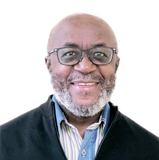 IAFR Canada’s board chair Norman Musewe was born in Harare, Zimbabwe (then Rhodesia). After medical school in Zimbabwe, he moved to England due to the war and trained in Pediatrics, before finally settling in Canada. In 1984 he was trained as a Pediatric Cardiologist at Sick Kids Hospital in Toronto, where he remains to this day. When describing his spiritual journey, Norman tells of years of internal turmoil prior to 1992 when he began to follow Jesus. It is this faith in Christ which defines his life, choices, and character to this day. Africa in My Heart Another defining characteristic in Norman’s life is his passion for Africa. Norman visits Zimbabwe and many other countries in Africa regularly. When asked where this passion for Africa comes from, he says, “It is not just because I was born there, but because Africa has been born in my heart! There is something which is difficult to explain about the beauty and vibrancy of Africa and its people. I identify with the poorest of the poor in Africa because I know what hunger and disease feels like.” He continues: “As a Cardiologist I go to different parts of Africa to conduct clinics and facilitate shipments of medical supplies from Health Partners International Canada.* I look forward to being more involved in the welfare of the displaced in Africa.” 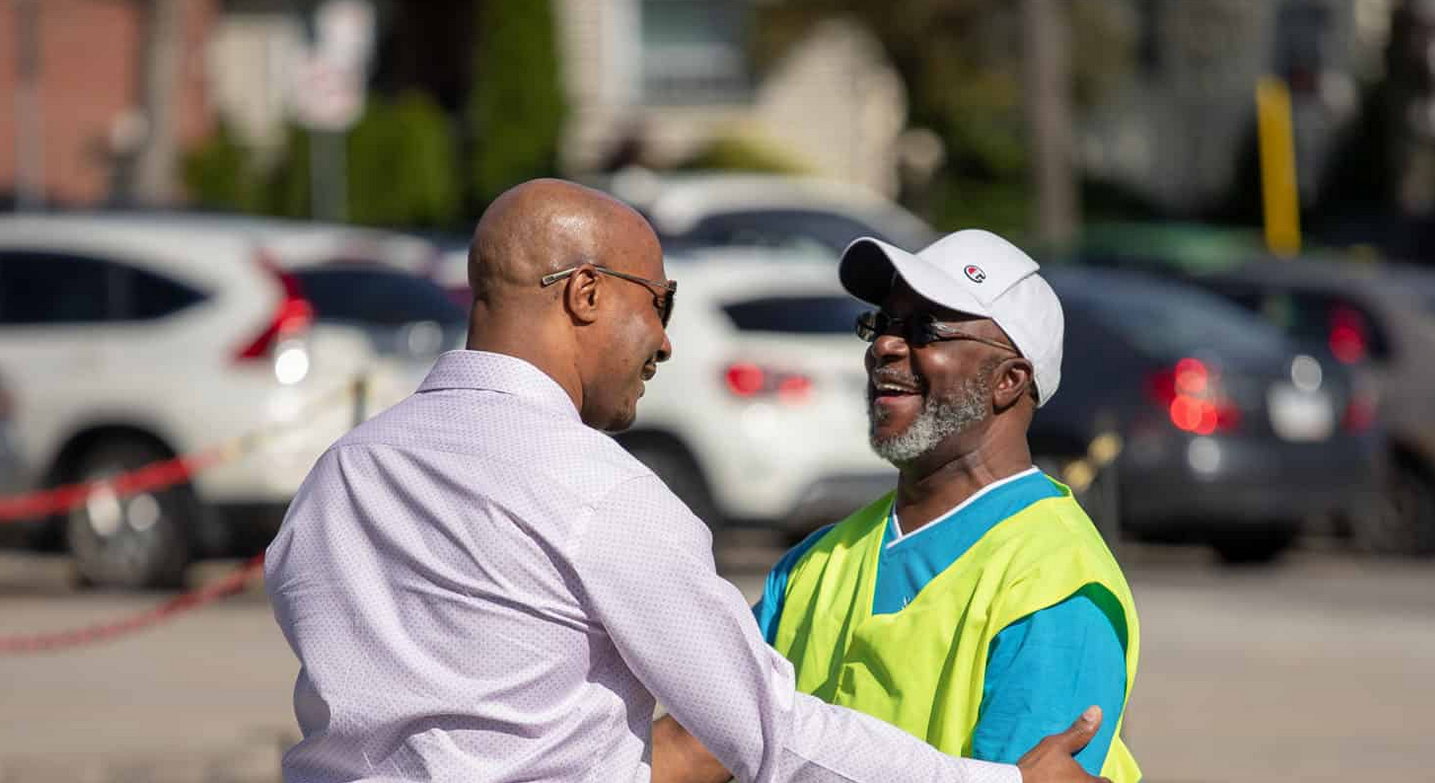 Parking Lot Team, The Peoples Church Parking Lot Team, The Peoples Church Mission Powered by Faith Norman holds his credentials and experience with humility. When asked how he prioritizes all his various involvements, he says, “There is a hierarchy…
Norman’s prayer for IAFR Canada “My prayer for IAFR is that we will connect with more and more congregations in Canada to foster outreach to the refugees that are ‘lucky’ enough to get here. But that in the process, I pray that we expend more resources and energy in reaching out to those who cannot get here, in the many refugee camps, because that is where I think the real work is - bringing Christ and hope and new life to those trapped in these camps. I also hope we will recruit more people to our staff and board who have themselves experienced displacement.” *Health Partners International Canada (HPIC) works to supply medicine where most needed around the world. IAFR Canada, along with IAFR USA and our partners on the ground, is working with HPIC to provide Humanitarian Medical Kits of essential medicines. Norman’s relationship with HPIC helped open doors for us to begin doing so.
Written by Danielle Steenwyk-Rowaan, Open Homes Hamilton Team Leader  Open Homes Hamilton hosted a baby shower to welcome the new baby. Open Homes Hamilton hosted a baby shower to welcome the new baby. A heavily pregnant mother , looking for a safe place to bring her baby into the world. A volatile world marked by oppression, refugee crises, and uncertainty. A refugee journey into an unknown and culturally different land to protect the life of her child. A life marked by prayer and dependence on God and the hospitality of strangers. No, I'm not talking about the story of Jesus' arrival, though I very well could be. I'm talking about a recently arrived Guest of Open Homes Hamilton (a program of IAFR Canada), who arrived in her host home in early November, 8 months pregnant. She was worried for her child, of course. Travelling at 8 months pregnant is not easy, whether by plane, as in Carolina’s voyage, or on foot (likely the situation of Mary the mother of Jesus). Flying at 8 months and going through a stressful interview after declaring refugee status at the airport had caused her amniotic fluid to leak. She was rushed to the hospital and given a date for an ultrasound--but instead of allowing her to attend her ultrasound, immigration officials put her in a 2 week COVID quarantine. She was alone, scared, and anxious about her partner’s safety. As she sat in that lonely hotel room, praying and worrying about her baby, Carolina had called several refugee shelters to find space. But as the borders reopen to international travellers, the refugee houses are beginning to fill up. Thankfully she is now safely settled into an Open Homes host home with her partner and is waiting to give birth. Though she is far from her family, and carries the trauma of the refugee journey and the experiences that pushed them to flee, she has a safe place to bring her child into the world and a Kinship Circle of volunteers to support her. In Carolina’s native Spanish, “dar a luz” is the verb for giving birth. Translated literally, it means “to give to the light.” Mary too was about to "dar a luz"...to the Light of the world. (John 1) And Mary too, found a safe place to give birth through the hospitality of strangers. This Christmas, may the gritty reality of that first Christmas resound for you anew. By Colleen Howat, a member of The Peoples Church in Toronto, and one of the leaders of Friendship Class. 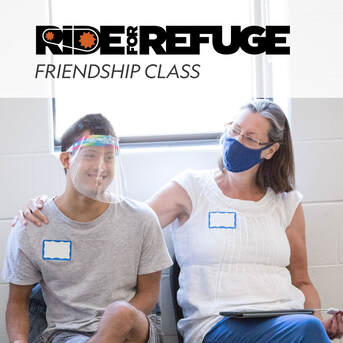 It was a sunny, crisp fall day in October. Perfect for our walk. One that we’ve been talking about for a few weeks in Friendship Class (a special place for differently-abled adults to worship God together). Where is -Eritrea, -Syria, -Ethiopia? Pointing out these countries on a large globe helped us to see how far some people have had to come in order to find peace and safety. Many had to leave their homes and families and friends and jobs due to war, persecution and more. Our friends were deeply impacted to learn of these people’s struggles; one woman couldn’t wait to ask God for special protection and food for the children. And then when our friends in class heard that we could help them out by walking and raising money too, that’s what we did! We called family, neighbours and friends to ask for their support. And they did so generously!! The Walk for Refuge day was here! Two of our friends came on Wheeltrans. One who uses a walker arrived very early and another was picked up late, so ambled up the hill to catch up with us. Two young men from our class came with their moms. Another young person walked with her sister. All of us graciously walking together, supporting one another’s different capabilities for our adventure. 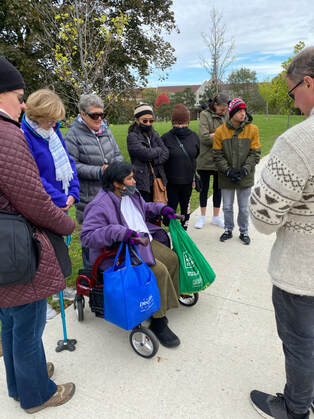 Once we all gathered, we talked more about why we were doing this… to give hope and peace and a welcoming to a new home for those who had given up everything. Then up Bayview Avenue from Tyndale College to The Peoples House we walked, pausing along the way to view pictures of children in Uganda and families in Malawi. Each time we stopped, we prayed for their safety and provision. It was beautiful to see and hear the concern our friends had for the people we had been discussing. Perhaps they have a keen sense of the need to belong, how it feels to be left out and misunderstood themselves and their hearts longed to reach out. Once we arrived at The Peoples House, we were greeted by smiling residents and helpful volunteers. We sang “Never Give Up” (how appropriate!) and thanked God together. We all enjoyed lots of hot dogs and some delicious homemade almond squares! Our friends said they had so much fun walking and meeting the people who had travelled so far. It was a blessing to see and hear people we’d just met, getting to know one another better over a meal. When it got a little chillier, some of us gathered inside around a large table and continued to share and meet more refugees who live in The Peoples House. We are so grateful to have been able to join up and connect like this. It felt kind of like family. And families share and care for one another, just like we did! Written by Aaron White, 24-7 Prayer Canada and part of the IAFR Canada team. “Unless you have lived there, it is impossible to imagine.”
These are the words of Sayed Towfiq, a 27 year old Afghani man who came as a refugee to Canada nearly three years ago. As he describes his life’s journey to me, it almost is impossible to imagine. His father, a doctor, had to flee Afghanistan with his family in 1999 because the Taliban had taken control of the country. Sayed’s family are Shia Muslim, a targeted minority under Taliban rule. They had endured in their home country for three years, but eventually his father was caught and jailed for a year. When he was released he was told that if they did not leave, his family would be killed. And if they ever came back, they would be killed. So they fled, first to Pakistan, then to Iran, where Sayed and his family lived for the next seventeen years. In Iran they could speak the language and practice their faith in peace. But, says Sayed, “Iran is not good with immigrants.” Immigrants cannot own property, cannot even purchase a phonecard, and definitely cannot get permanent residency. Every year his father had to renew his temporary residence card and his right to work as a doctor. His father’s essential work meant that the family would also be allowed to stay in the country. That changed when Sayed turned 22. At that age Iran determines that the son can no longer be covered by the father’s temporary residence permit, and would not issue Sayed with one either. They told him he must go back to Afghanistan, which he knew would end with his death. So in 2018 Sayed began a long and dangerous journey through Turkey, Greece, Italy, France, Germany, Denmark, Sweden, Norway and Iceland. Each border crossing was a risk, but less of a risk than returning to a country in the chaos of war. The journey took him a full year, until he was finally able to board a flight to Vancouver, Canada in 2019. He spent the first two weeks in immigration detention, until his family were able to send through his documentation. Few if any countries will offer a travel visa to someone with an Afghanistan passport, but having arrived in Canada, he was able to make his claim as a refugee. Sayed spoke no English when he arrived, but is now able to converse and to express his great desires. For himself, he seeks to be educated, to learn English better, and to carry on his work as a carpenter. He says that the situation in Canada is so much better for refugees and immigrants than anywhere else he has been, and he is incredibly thankful. He now awaits his permanent residence card. But his desires, hopes and dreams are not primarily for himself. His family is still in Iran, and two months ago tragedy struck. HIs father, the doctor who had been caring for Covid-19 patients in Iran, himself contracted Covid-19 and died. This is devastating to the family, but also carries another deadly consequence: the covering Sayed’s mother and two sisters had received from their father was removed upon his death. They have been given six months to leave Iran and return to Afghanistan. As Sayed tells me this, the pain and fear are clearly written upon his face. “Return to Afghanistan, totally controlled by the Taliban? No, this is impossible.” Sayed explains the danger. In the first place, their family was told they would be killed if they returned. But even if this were not the case, Sayed paints a picture of how dangerous it is for women right now in Afghanistan. “In Canada, it is good. Men and women work together. Women have rights. In Afghanistan, no, this is not allowed. Everything is for men, women have no power.” He tells me again that unless I had lived there, I simply could not imagine how it is. His mother and sisters have no home to go to, no means of support, no men left in the family who could possibly help them. And they now have four months left before they are sent back. The UN does not have a strong presence in Iran, a closed country, so they cannot get help there. When Sayed asked for advice from his friends who had also been refugees, they told him, “Talk to the Church. They can tell your story, and maybe someone can help. Maybe a Church can sponsor your mother and sisters, and keep them from danger.” This is that story, that cry for help. It is true, I cannot imagine the situation Sayed and his family are in. I cannot imagine the hopelessness and fear, the impossible choices, how I would feel and what I would do if presented with the same situation. Sayed told me that he is praying, and asked me to pray as well, which I do with a good will. Will you pray too? More information about Canada's current response to Afghan refugees: READ HERE Written by Rob Perry, who recently spent three months in Greece, in Mavrovouni Refugee camp on the island of Lesvos, providing English schooling for elementary-school-aged children. At first, the children came for classes in tents which were identical to those that they lived in. Part of each of my classes included singing. I hoped to teach the children some English through songs, like Hello, Goodbye by the Beatles or Lean on Me by Bill Withers. I still smile when I think of walking through the camp and hearing one particular 10-year-old girl from Afghanistan singing, “Lean on me, when you’re not strong, I’ll be your friend, I’ll help you carry on.” But due to COVID-19 fears, classes were cancelled for the last half of my time there. During this time we took homework tent-to-tent to each student. At first I was really disappointed, but this challenge wound up providing wonderful opportunities to connect with students individually, and also to get to know their families. What prompted me to go to Lesvos? Five years ago, I was privileged to join our partners for a visit to Dzaleka Refugee Camp in Malawi. I remember how inspirational it was to see churches bring hope and help to the residents of the camp. And how humbling and uplifting it was to hear the incredible choirs in the refugee camp churches. However, the most impactful part of the visit for me was an hour I spent with about 30 youth from one of the refugee churches. The recurring theme of this conversation, the thing most on these young peoples’ minds, was education. They dreamt of opportunities for higher education, but for many if not most, this would be a very difficult goal to achieve. NGOs and churches were working hard to offer educational opportunities and programming. However, in their setting, education remains a very challenging aspiration. Since this visit five years ago, the importance of education in the refugee world has been reaffirmed for me many times, particularly with my time on Lesvos. For these children and their families, education is a bright hope, a positive way to spend time during monotonous and challenging days in the camp – but more than that – education is a key to having a fresh and positive start wherever in the world displaced people eventually wind up. This is true in Greece, as well as for the teenagers in Dzaleka. And the same can also be said for young people who are impacted through IAFR’s other partnerships, such as the Beirut Nazarene church’s amazing school program (STEP), or the African Hope Learning Centre in Cairo, supporting Sudanese refugee children, to whom we have sent support personnel.
At IAFR Canada we continue to prayerfully discern where in the world God wants us to be, with whom he would like us to partner, and what major priority pillars he would like us to erect.
We are in the early days of discerning what our engagement with education for displaced people around the world can and should look like. We would love to invite you to join us in prayer as we discern how we can best partner with others and/or create our own initiatives to help meet this vital need. Won’t you join with us in responding to the needs and desires of displaced children and youth? They are hoping and dreaming for a good future. They believe, as we do, that education is key to such a future. We at IAFR are enthusiastic about being a part of this solution. Footnote: The partners Rob went to Dzaleka with were There is Hope and IAFR US. World University Service of Canada and There is Hope are the NGO’s doing educational assistance for residents of Dzaleka. On Lesvos, Rob was grateful to work with Beyond Borders and EuroRelief. |
WELCOME!
Our vision is to help people survive and recover from forced displacement. We do this together with the church, both globally, and locally in Canada. Archives
May 2024
Categories |
ABOUT IAFR.CA |
OPPORTUNITIES |
AFFILIATES
|
CONTACTIAFR Canada
374 Sheppard Ave E Toronto, ON M2N 3B6 [email protected] Please Note: IAFR Canada does not sponsor people to resettle in Canada. You may want to contact one of Canada's sponsorship agreement holders. |
|
*IAFR Canada is a distinct organization from IAFR USA
All photos on this website are by IAFR unless otherwise noted |
© 2020 International Association For Refugees Canada

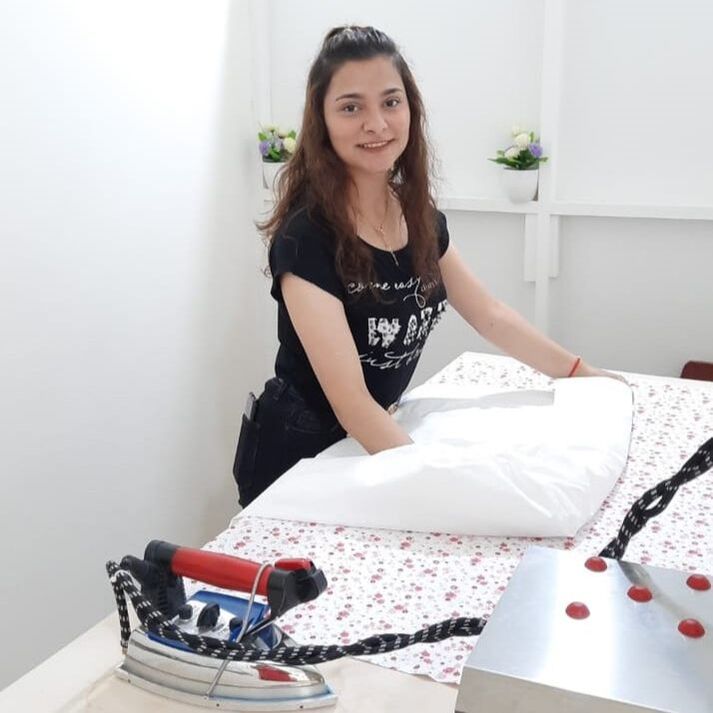

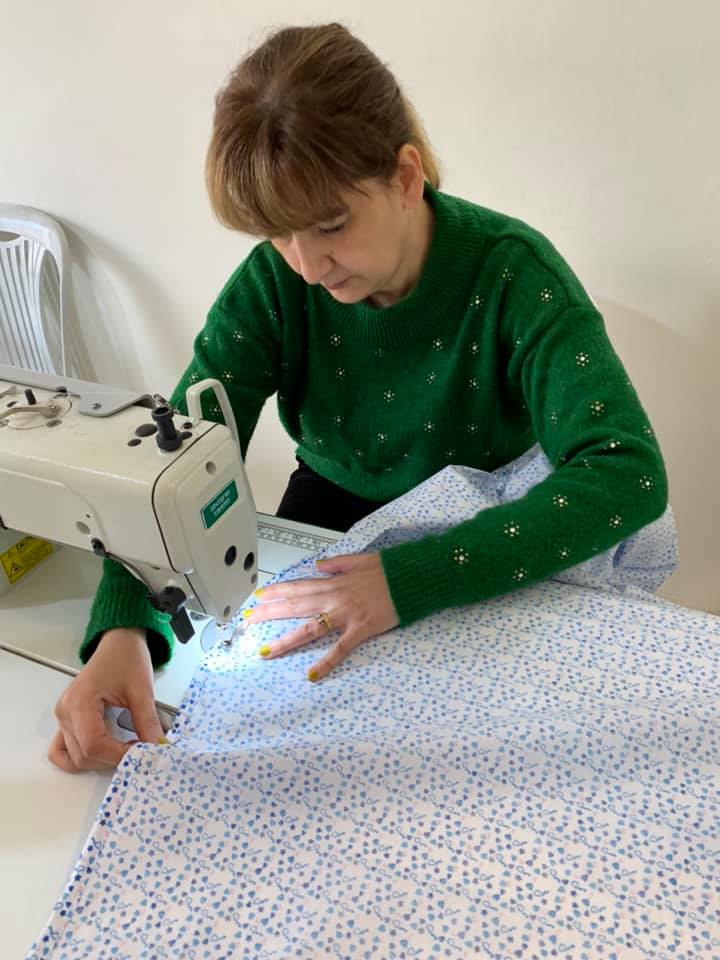
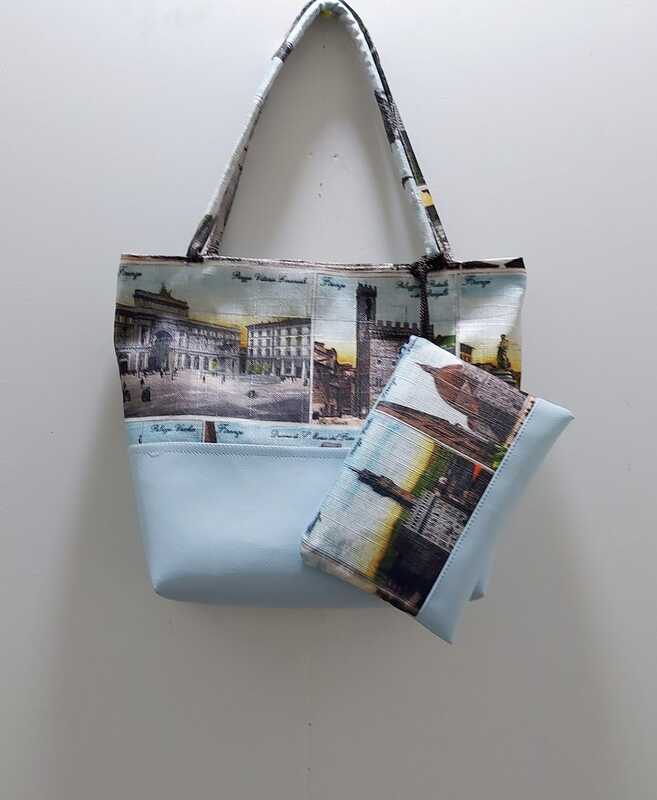
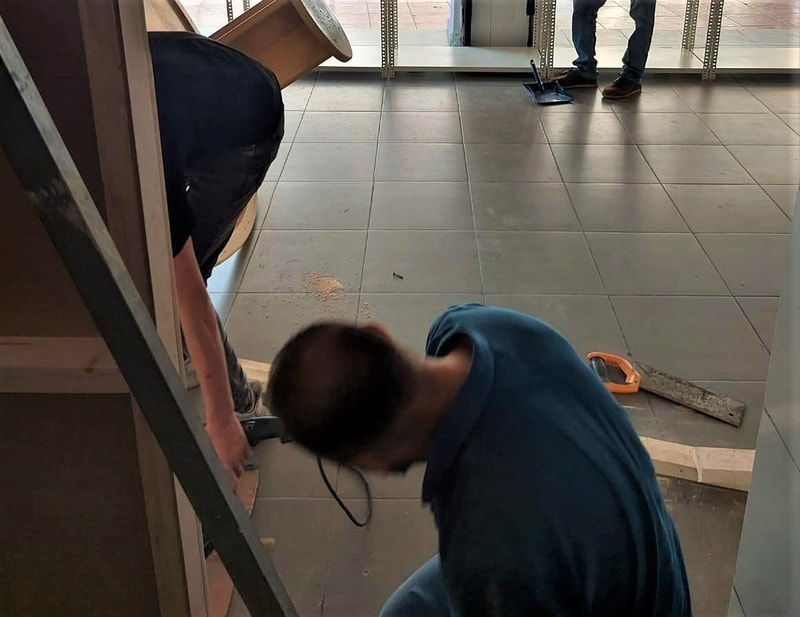
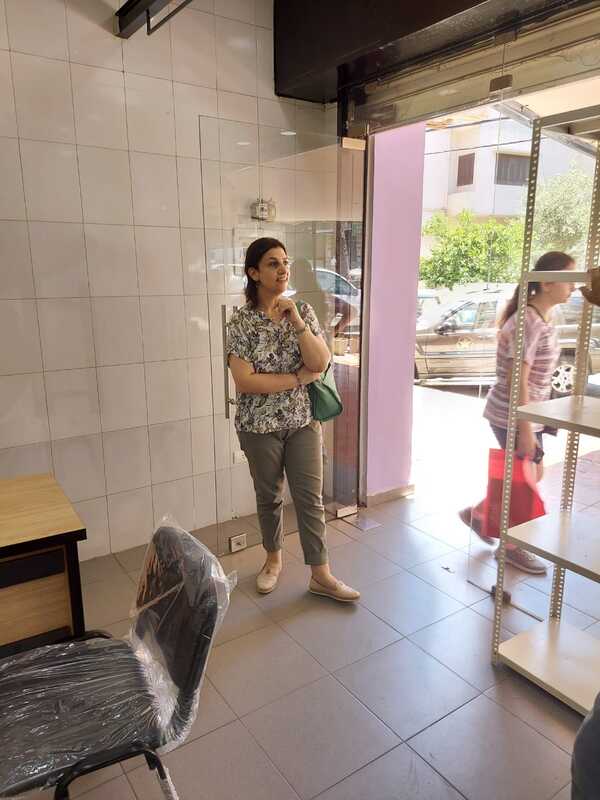
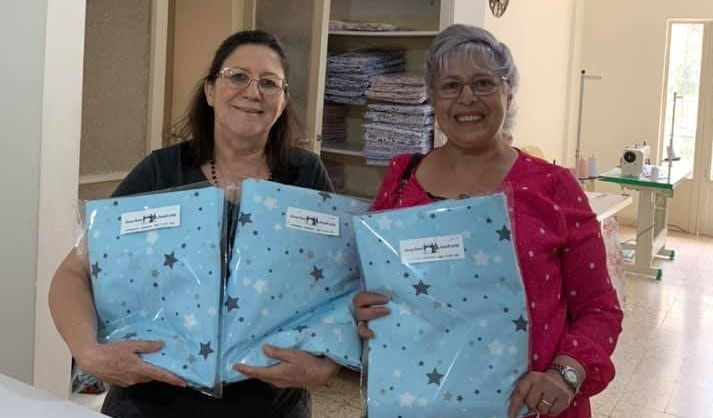
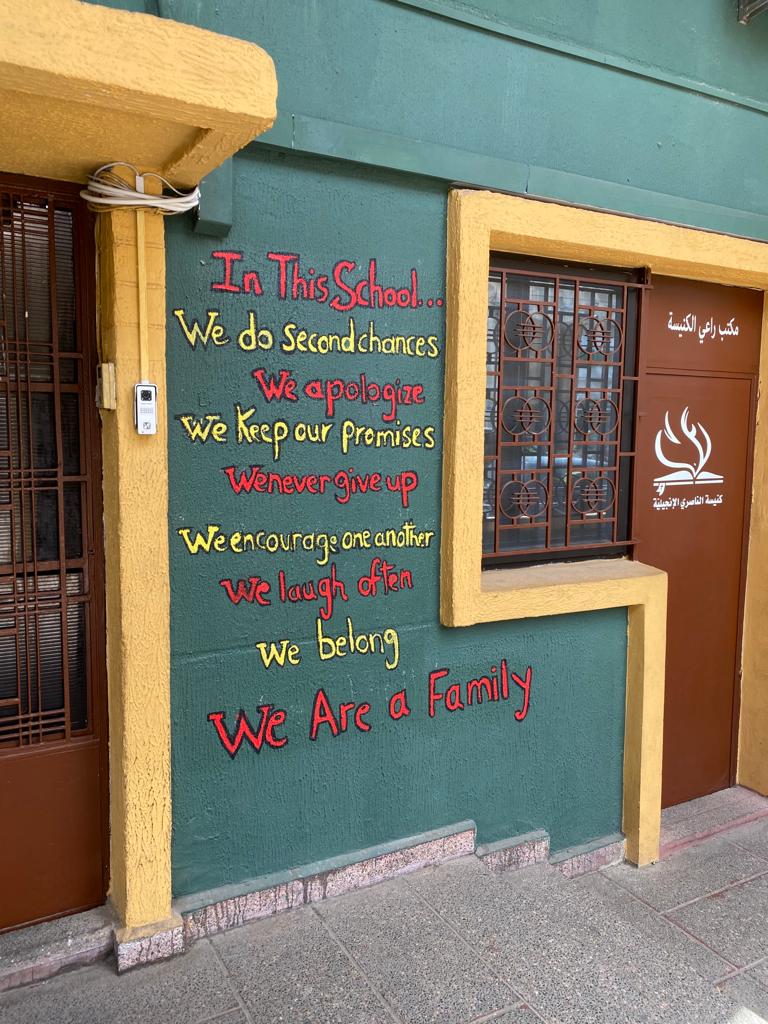
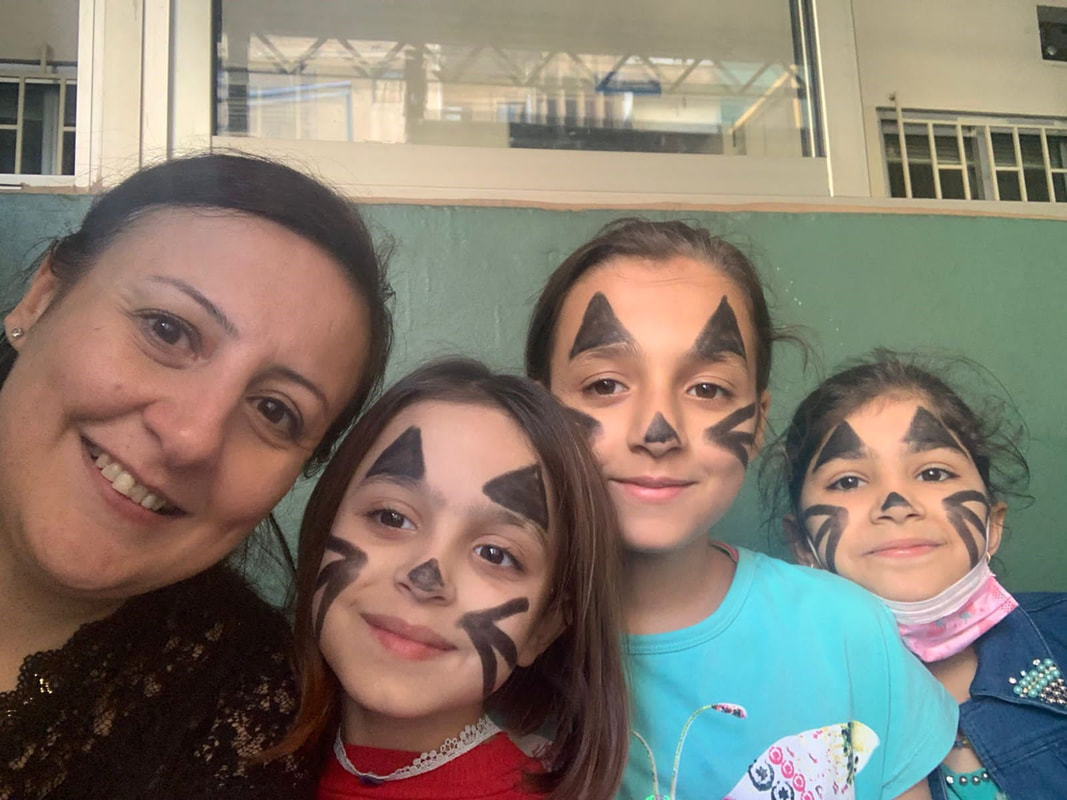
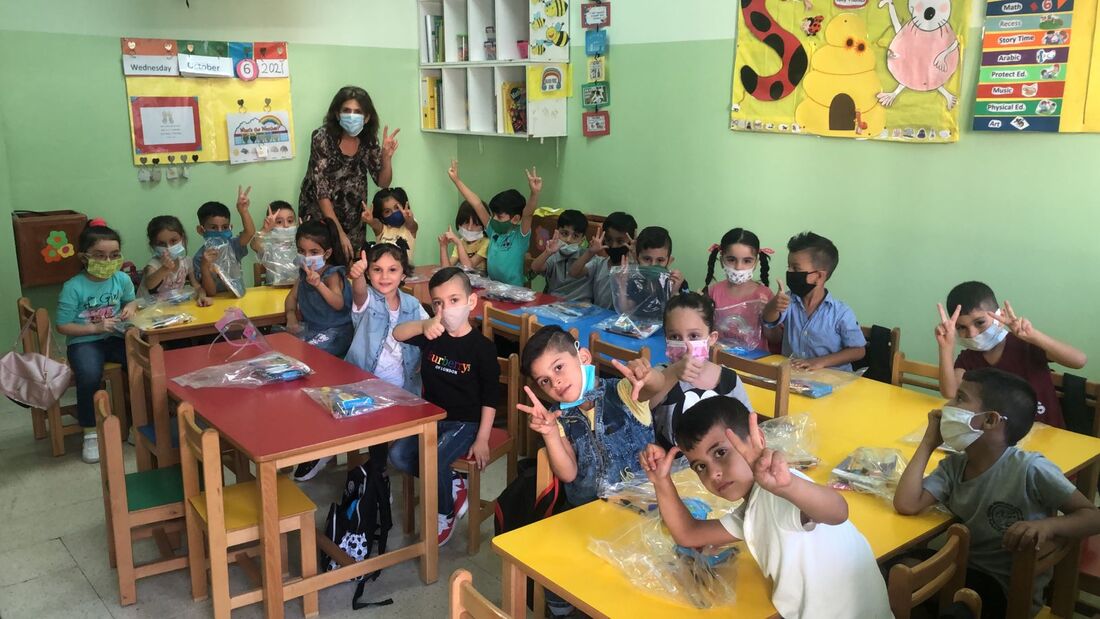
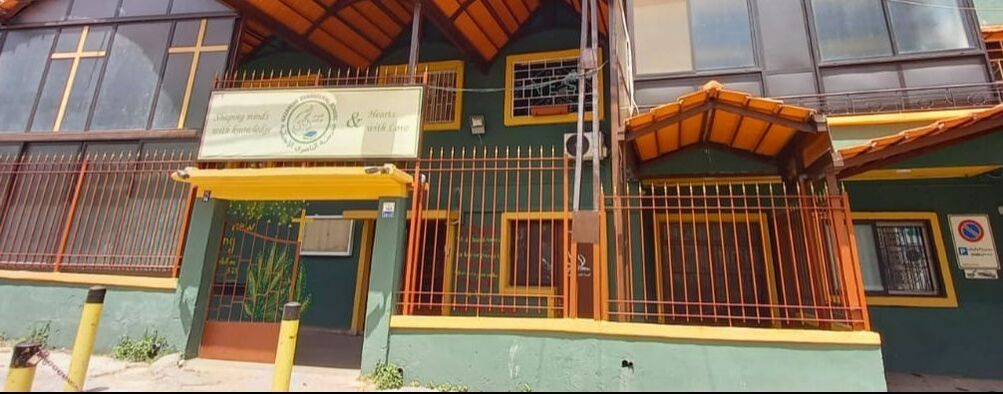
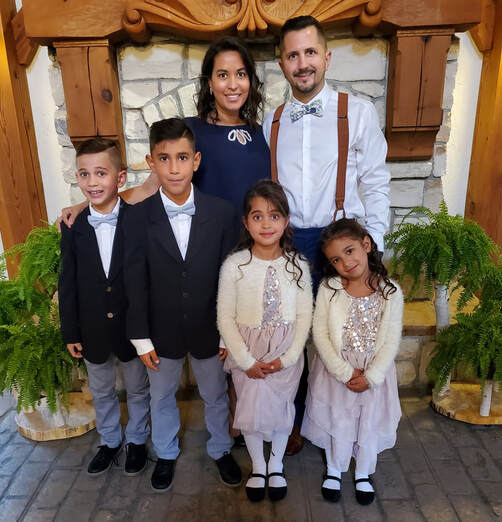
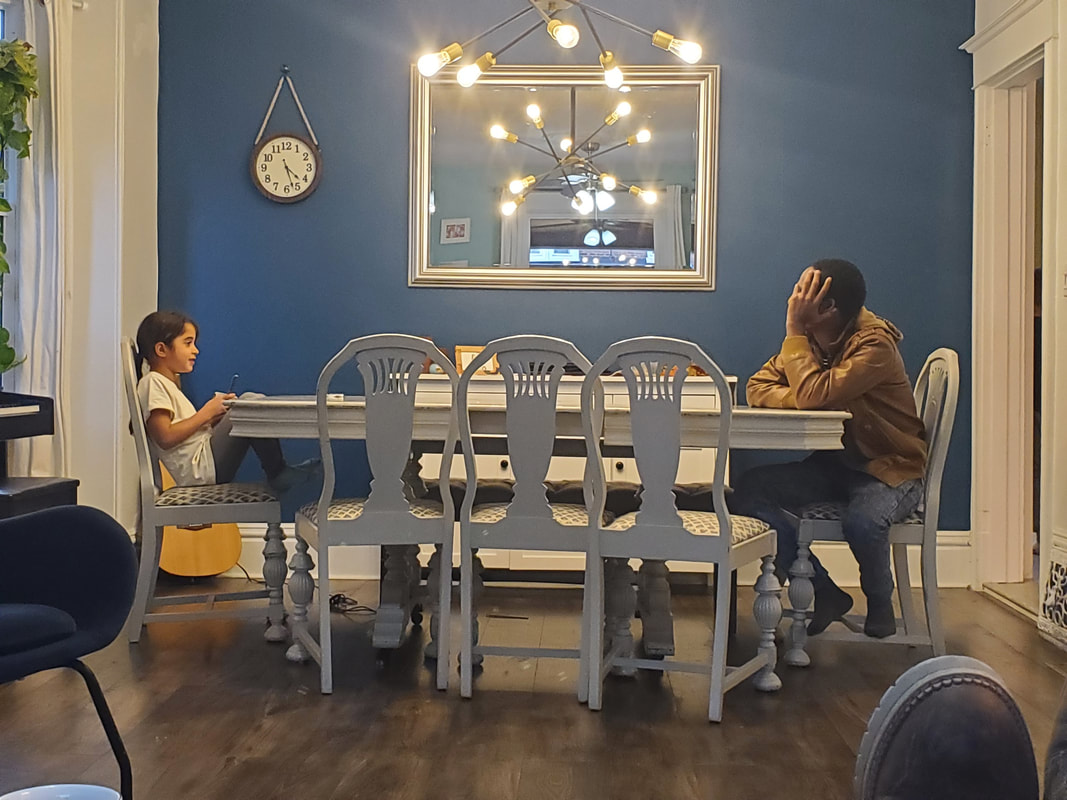

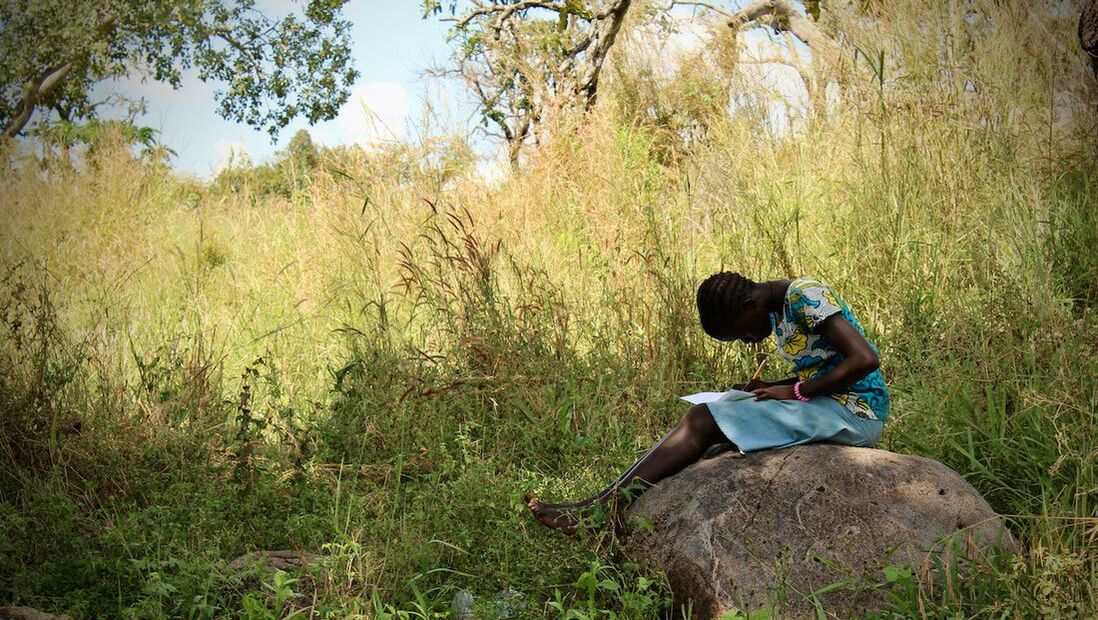
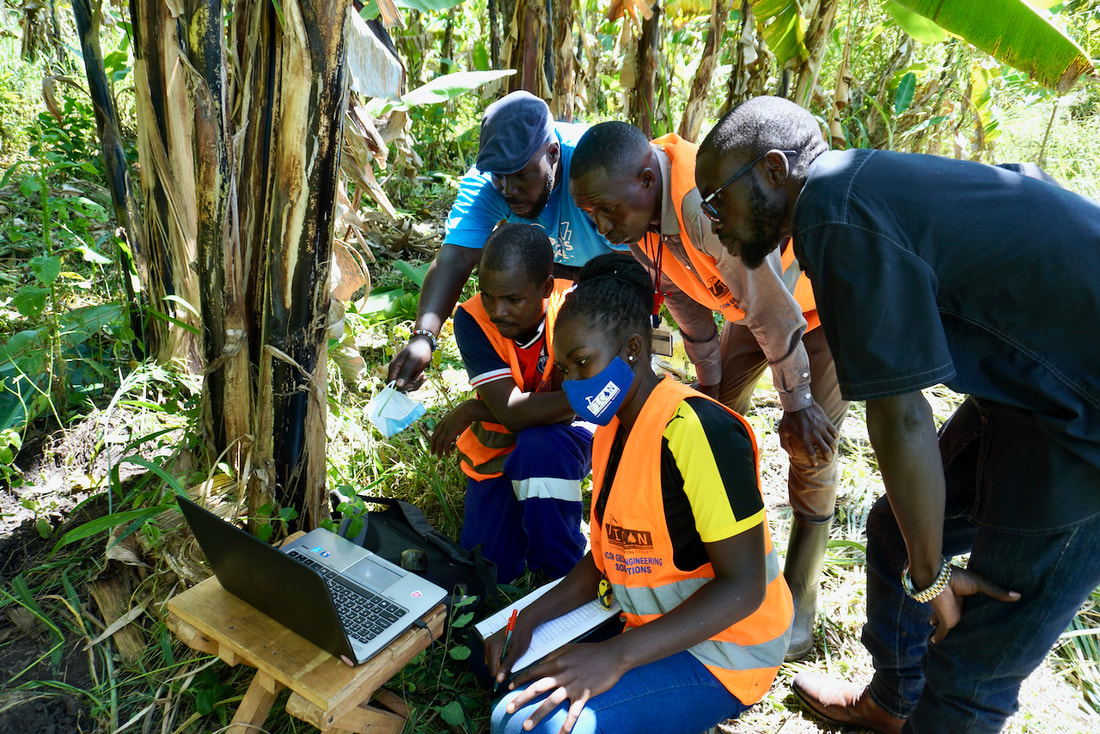
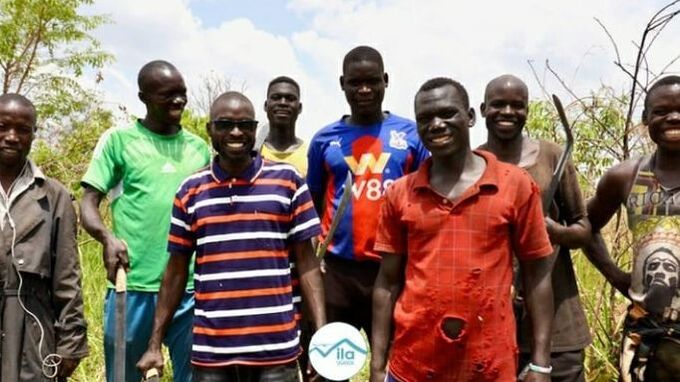
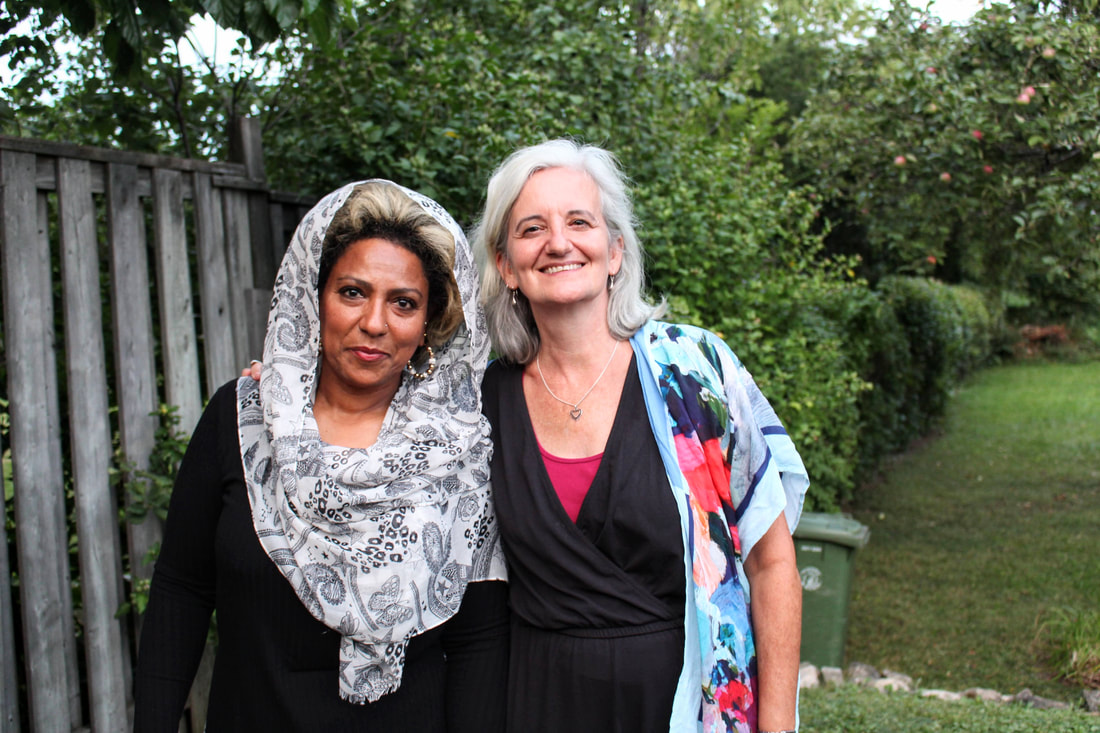
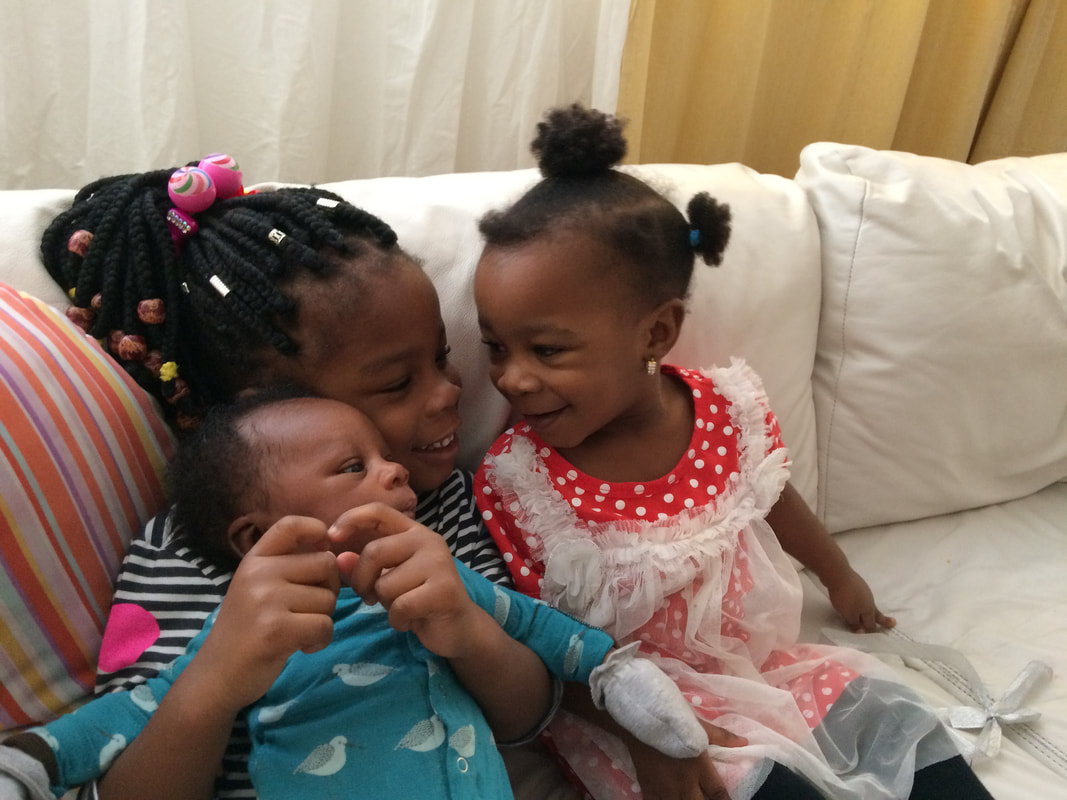
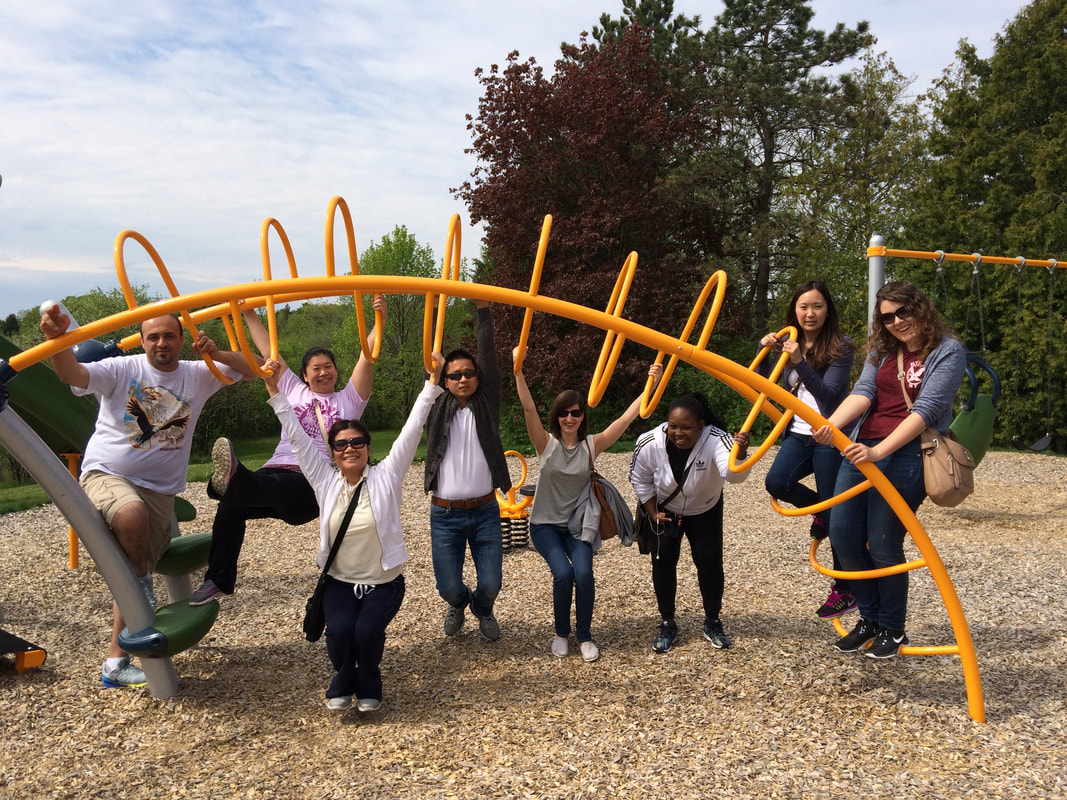
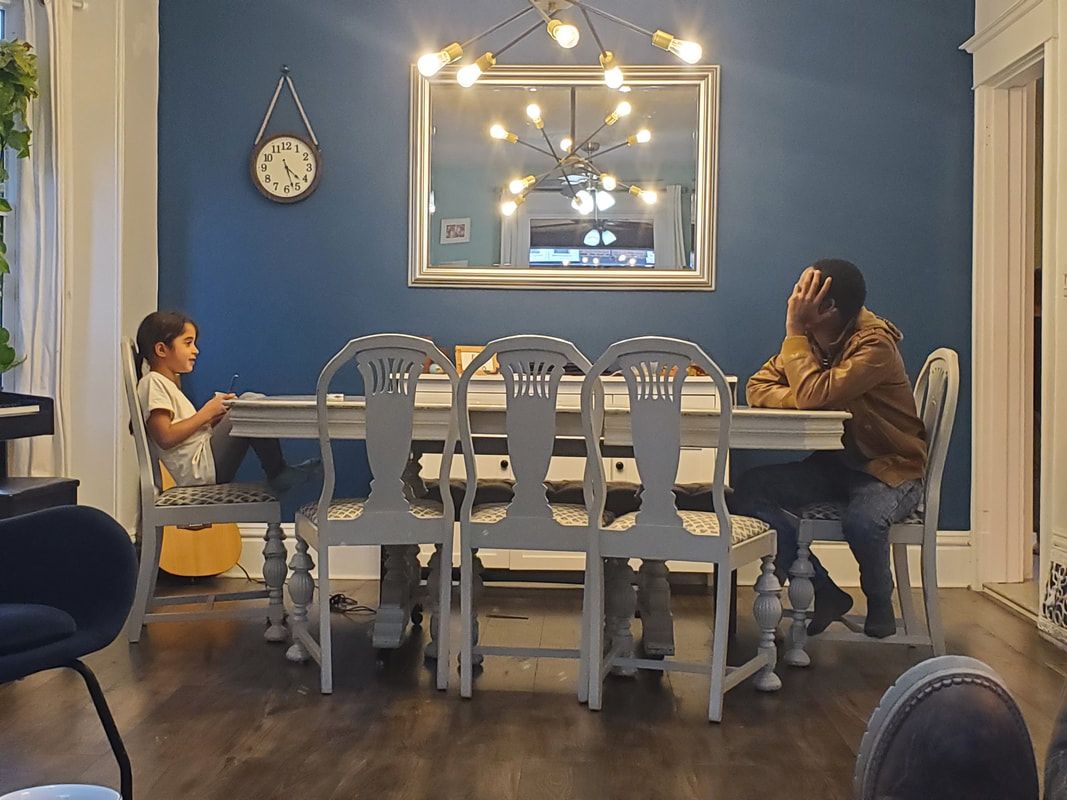
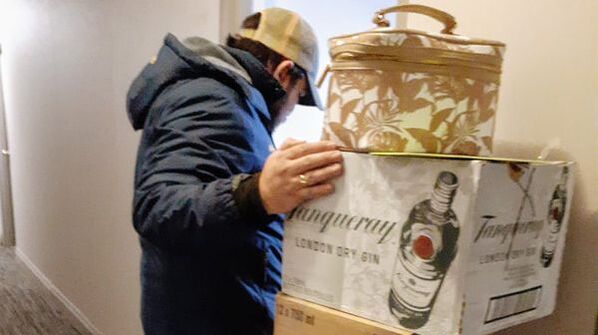
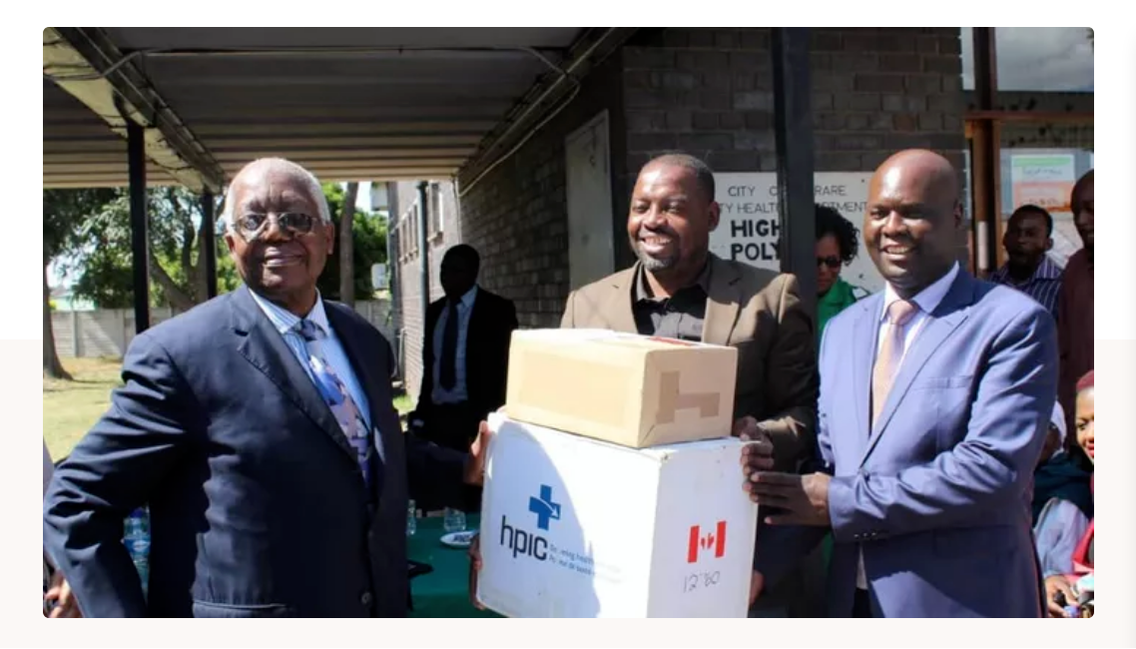
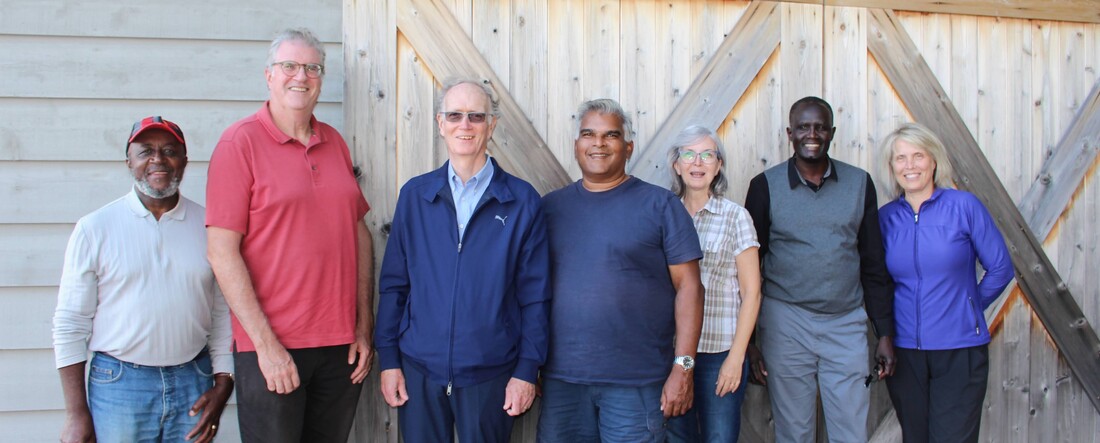
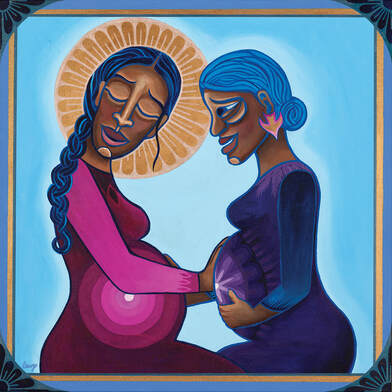
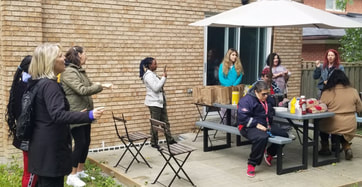
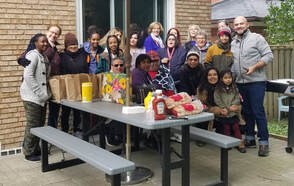
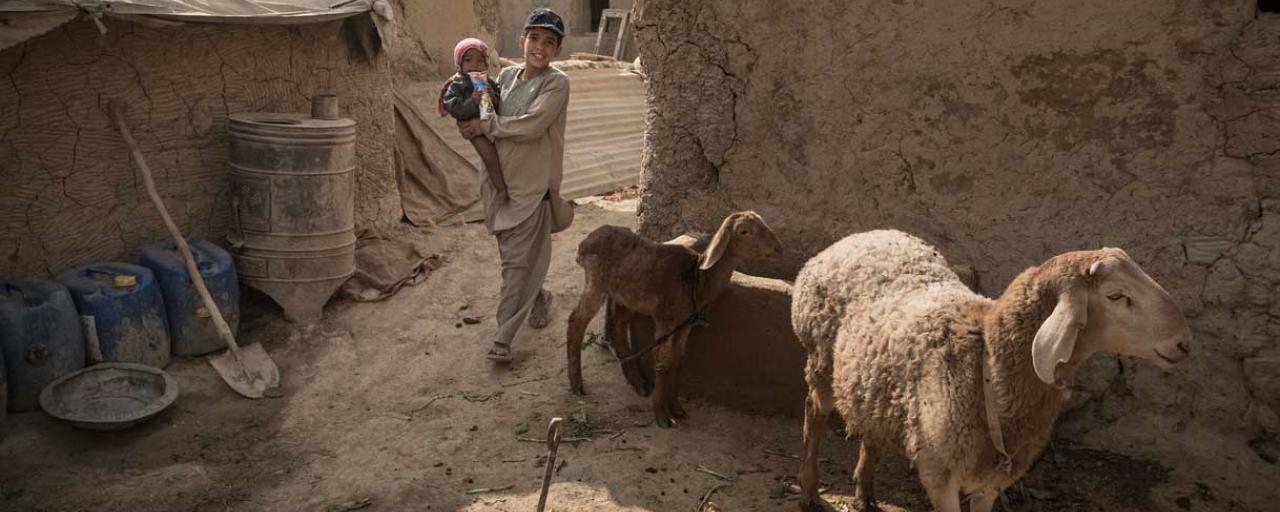
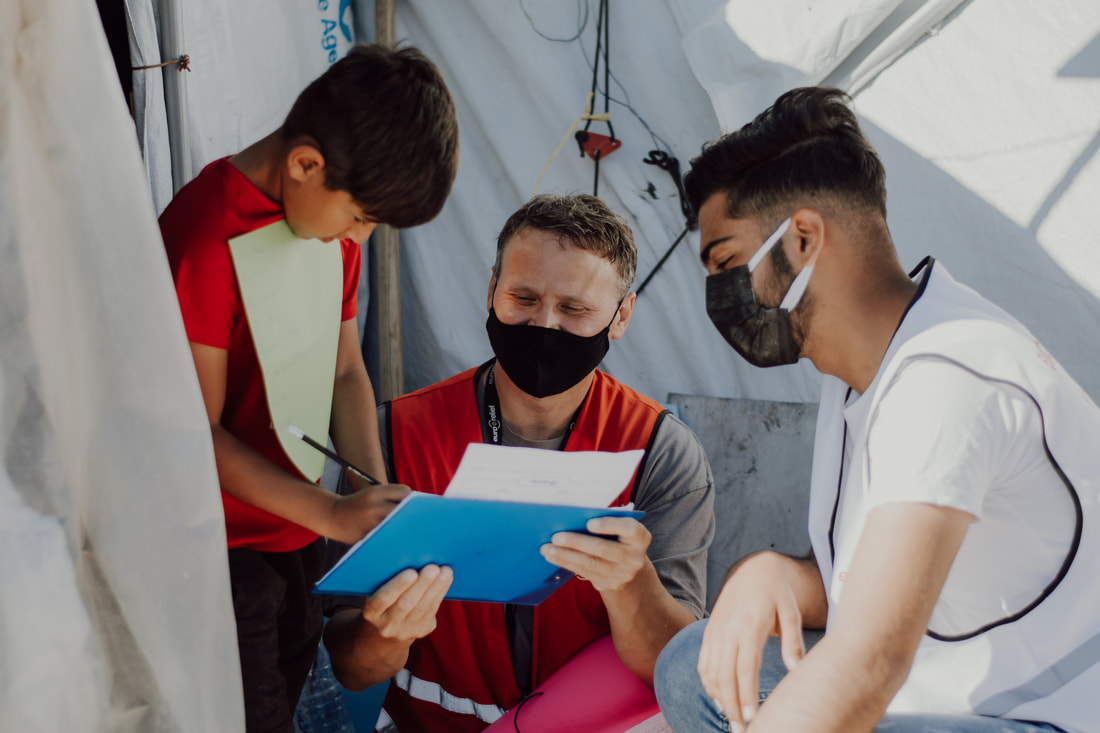
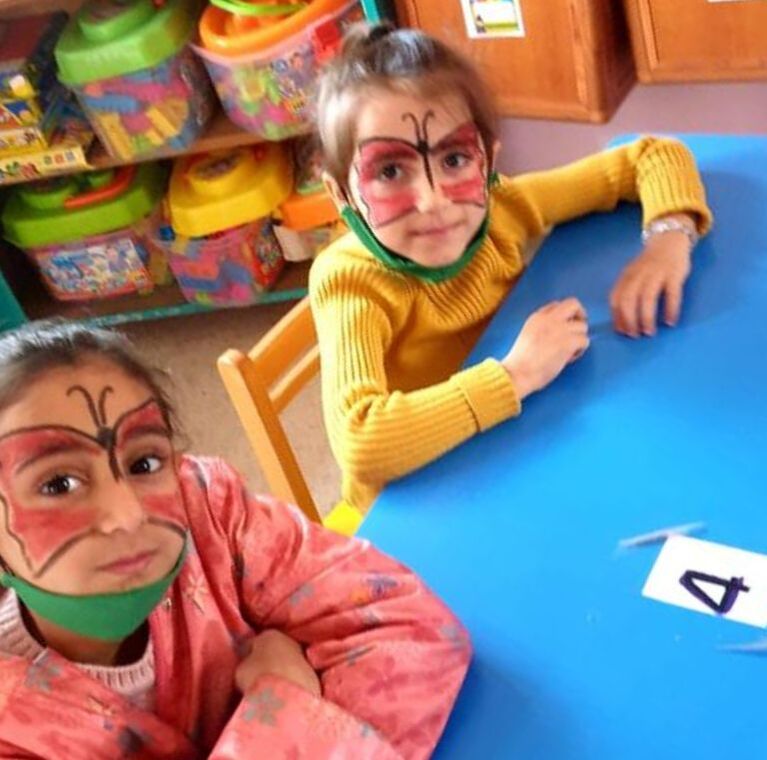
 RSS Feed
RSS Feed